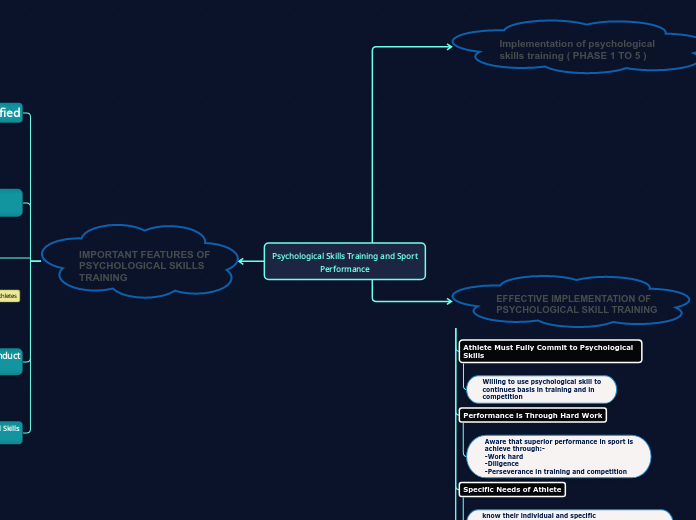por SITI NURSHAFIKA ASYURA MUHAMAD NORLI 4 anos atrás
313
Psychological Skills Training and SportPerformance

por SITI NURSHAFIKA ASYURA MUHAMAD NORLI 4 anos atrás
313

Mais informações